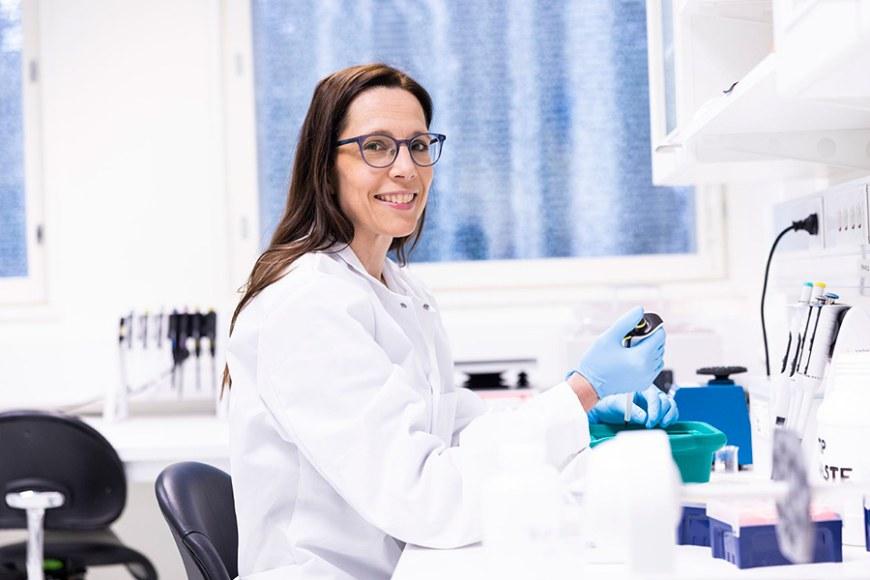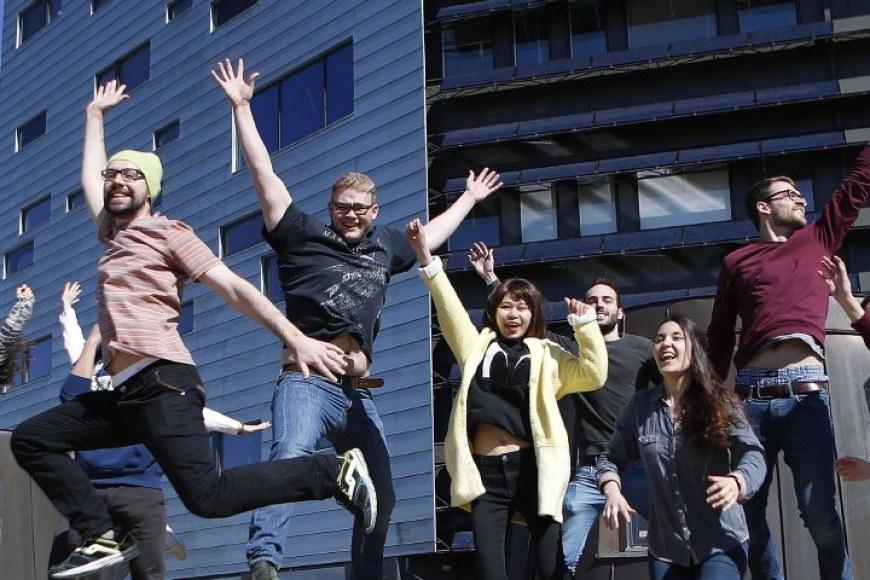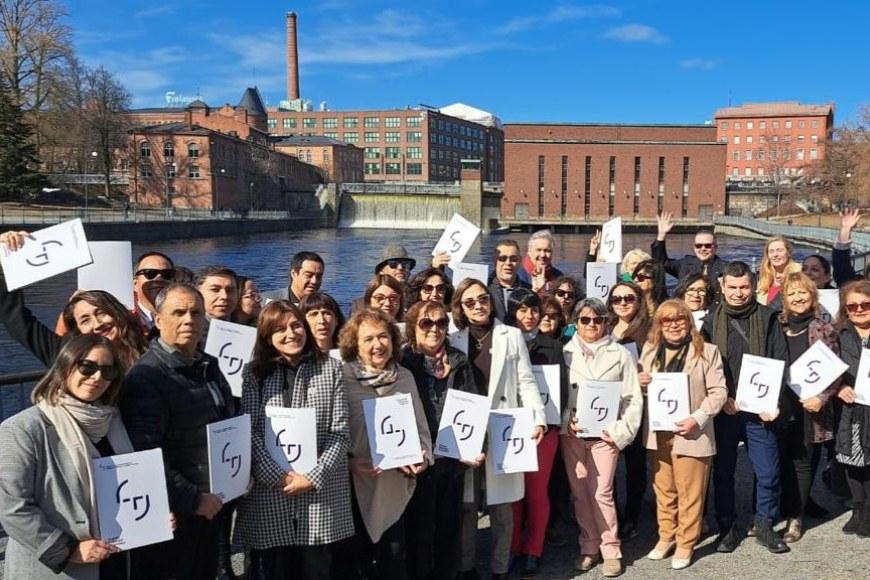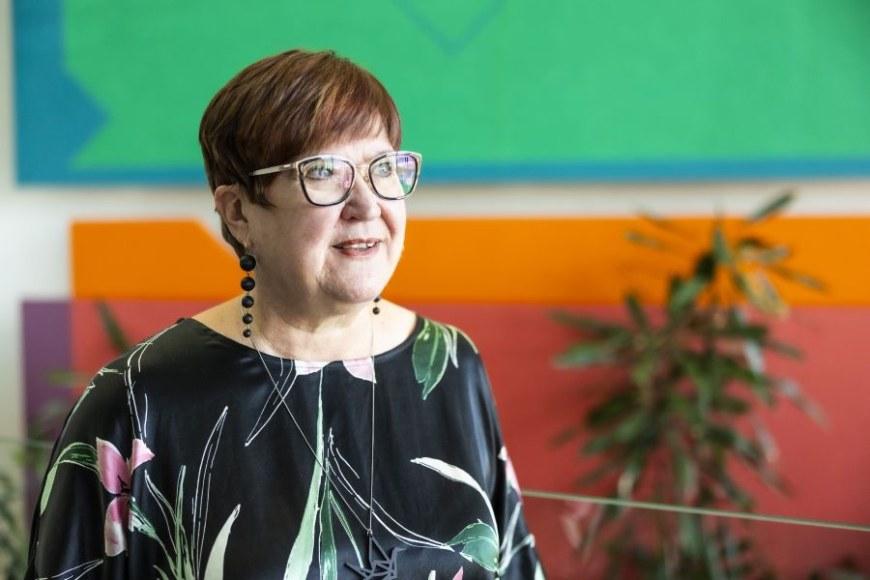Drones play a role in green transition - TAMK is a pioneer in drone education
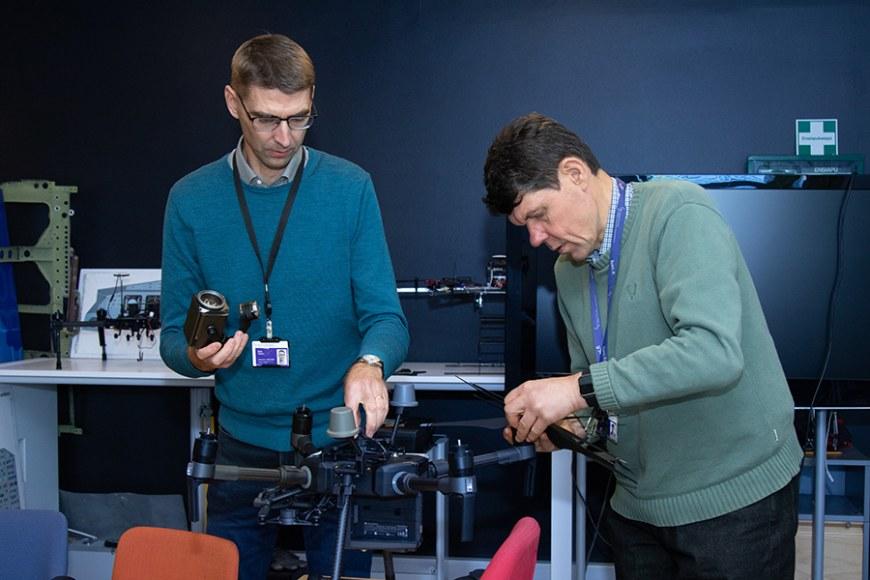
In addition to Tampere University of Applied Sciences, the participants of the UAS/Drone University Collaboration Network (UCNDrone) project include three universities and six universities of applied sciences.
The project focuses on development of drone education and research. The project studies ecological transportation with a low carbon footprint as low carbon dioxide emissions help us proceed towards green transition.
“Drones can be used for transporting small freight to rough areas. Thermal imaging enables search for missing persons and aerial survey by helicopter consumes a lot more energy than by drone”, Principal Lecturer Antti Perttula from Tampere University of Applied Sciences’ School of Industrial Engineering lists a couple of drone use possibilities.
Joint development and information dissemination
TAMK has been an active pioneer in drone research for more than ten years. Establishment of a specialist network started during a drone competence project five years ago. Perttula emphasises networking with drone technology suppliers and application users.
The project’s uniqueness is added by participation of many universities and universities of applied sciences as well as interest groups.
“I have not come across an equal-size network in any earlier Finnish project. We have already built an active network and several work packages”, Perttula rejoices.
Education and research go hand in hand in the project. A survey was sent to hundreds of field-related organisations to establish their education and research needs. The survey was for all Finnish interest groups who fly drones professionally, such as authorities, companies of different sizes and application and technology developers. The results are being analysed and the needed measures will be considered based on them.
Remote pilot certificate for professional drone flying
In accordance with the Finnish Transport and Communications Agency Traficom’s present-day regulations, professional drone pilots always need to have a pilot certificate. Its possessors may fly lightweight drones far from people. Practical flying experience is required for completion of the post-basic exam. Thereafter professional users are allowed to fly drones of a specific weight closer to people and populated areas.
Flying education has only recently been offered outside TAMK campuses. TAMK organised a popular five-credit education in Jyväskylä for the first time.
“In addition to theory lessons, students and teachers are now offered practical flying experience for the remote pilot certificate”, Perttula states.
In the future, the idea is to develop and expand the teaching material together with the other educational institutions. Everyone from the ten educational institutions would have the chance to participate in drone education and research.
“The idea is joint development and information dissemination in several Finnish regions. Benefits of the teaching materials would be shared between educational institutions and teaching would not only burden one educational institution”, Perttula weighs.
Continuation of the project is considered because related measures will continue for five years after the project.
“At the moment, we are planning a way to include new international participants. We have already had discussions on drone education for example in Africa. There seems to be demand for it”, Perttula considers.
UAS/Drone University Collaboration Network (UCNDrone) project
Project duration: 2021–2023
Financier: Finnish Ministry of Education and Culture
Further information:
Principal Lecturer Antti Perttula, School of Industrial Engineering, Tampere University of Applied Sciences
tel. +358 50 4644 550, antti.perttula [at] tuni.fi (antti[dot]perttula[at]tuni[dot]fi)
Project Manager Kalle Tammi, School of Built Environment and Bioeconomy, Tampere University of Applied Sciences
tel. +358 40 6725 378, kalle.tammi [at] tuni.fi (kalle[dot]tammi[at]tuni[dot]fi)
Text: Arja Lundan
Photo: Saara Lehtonen

